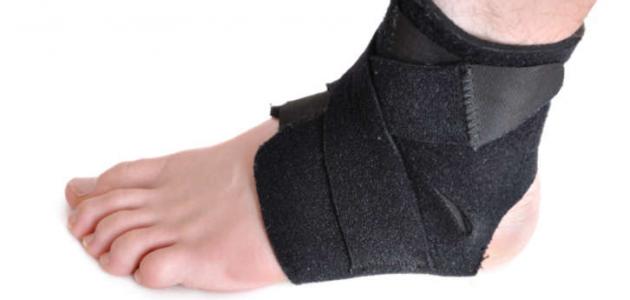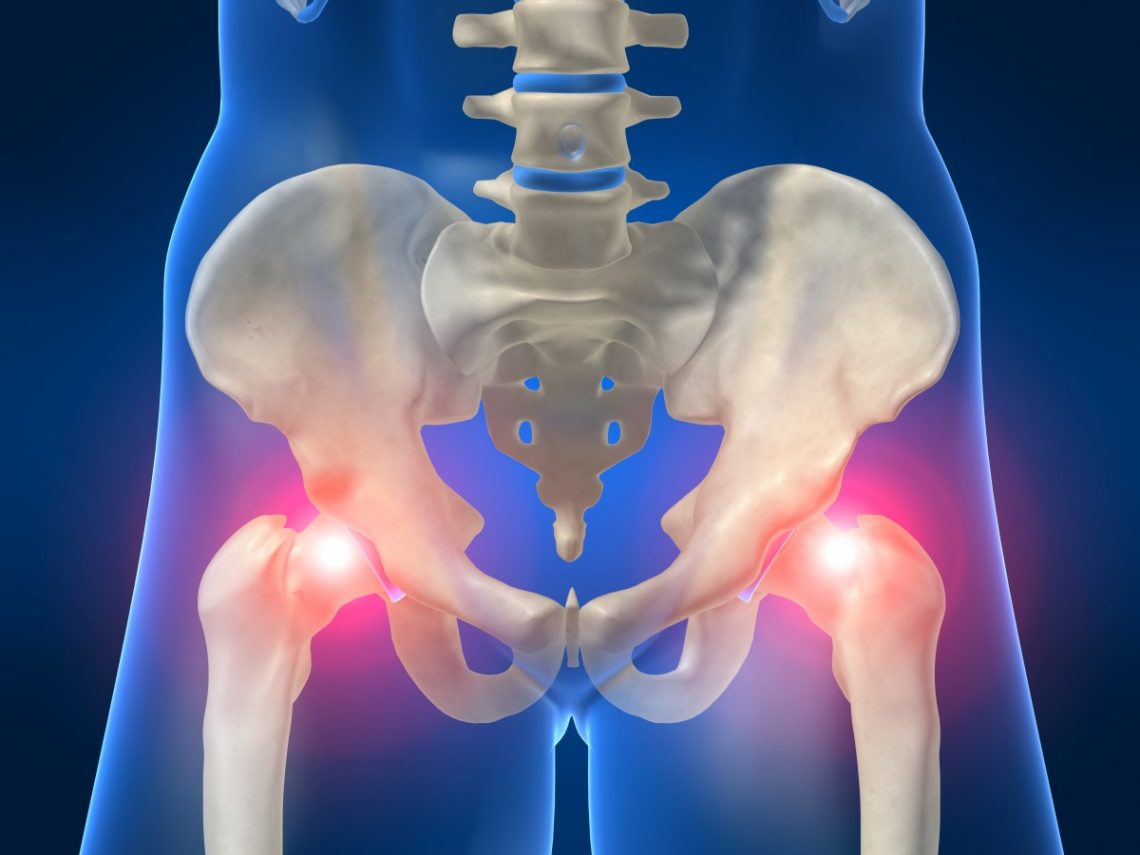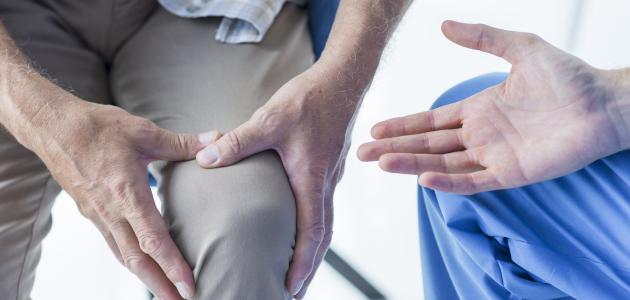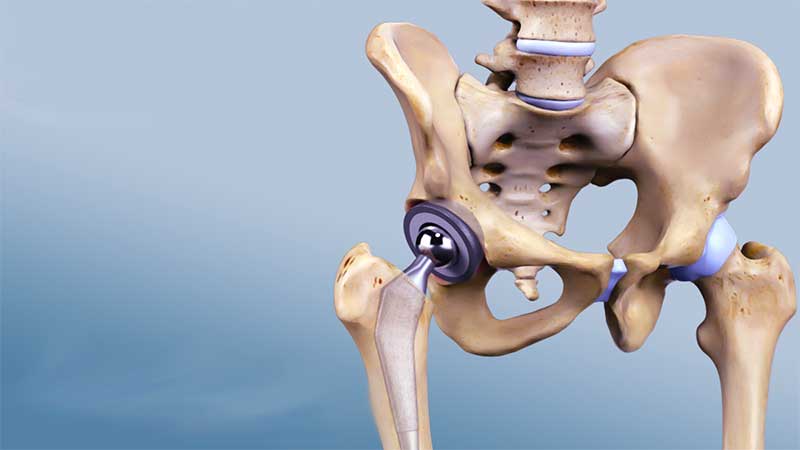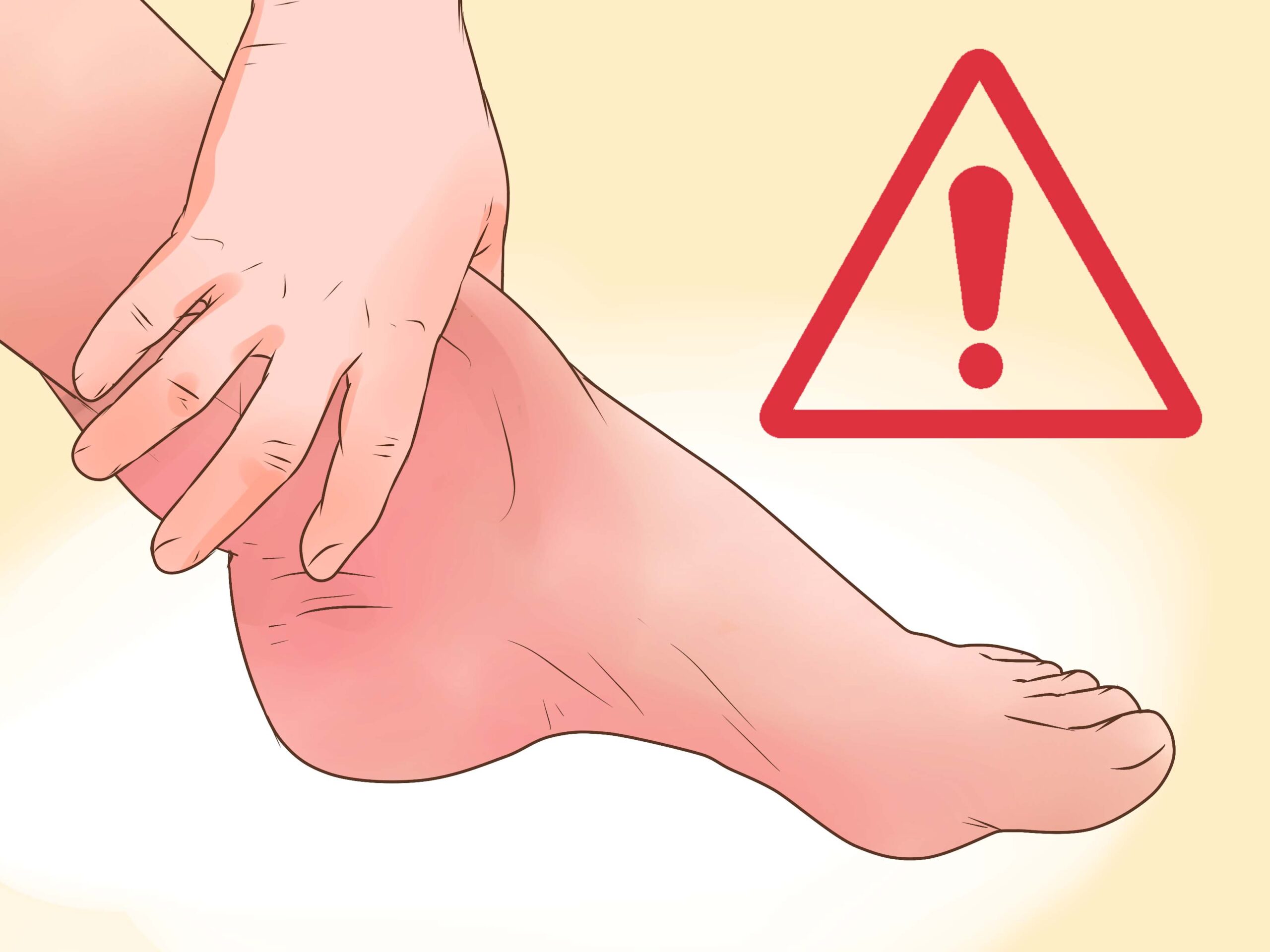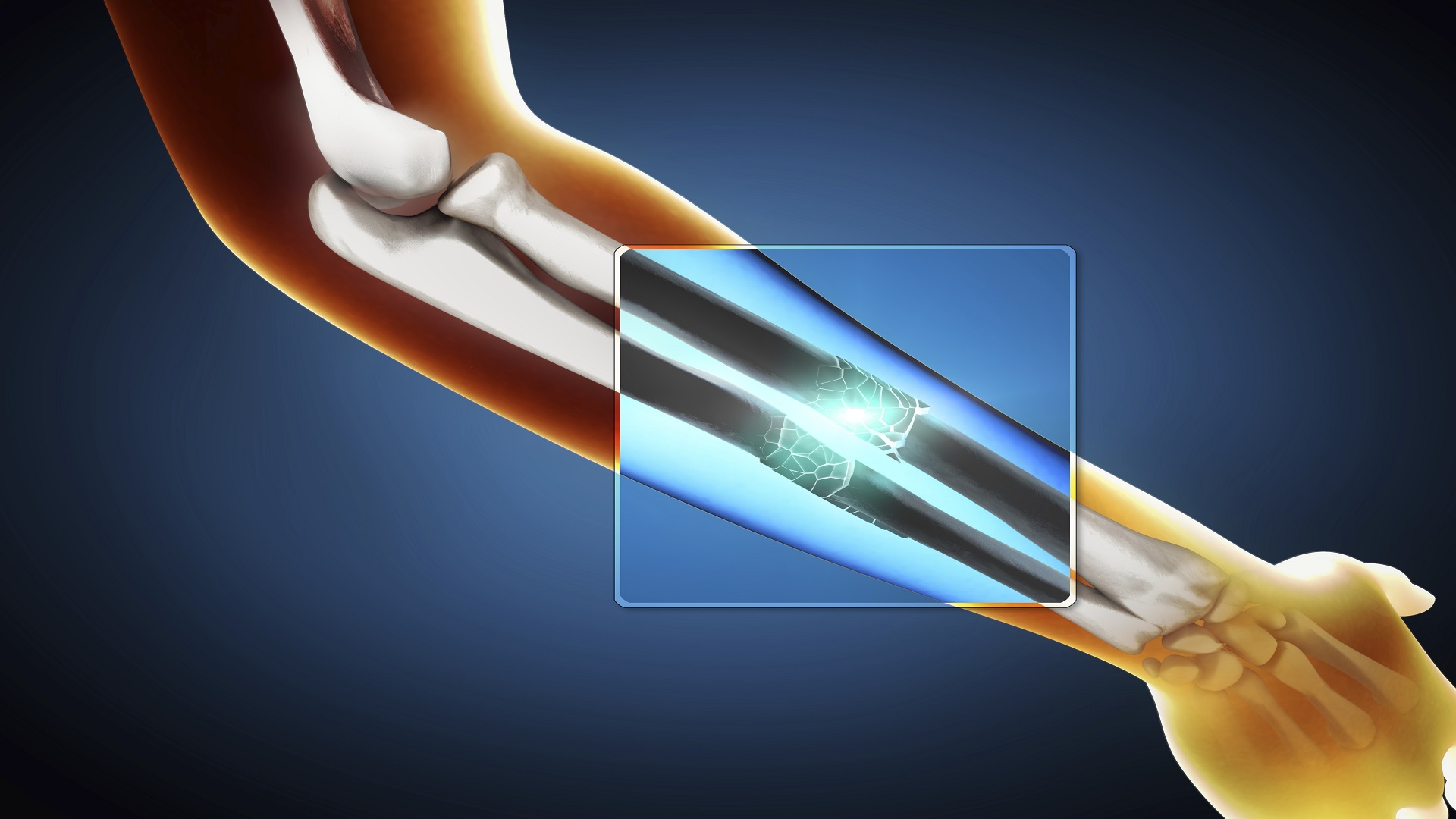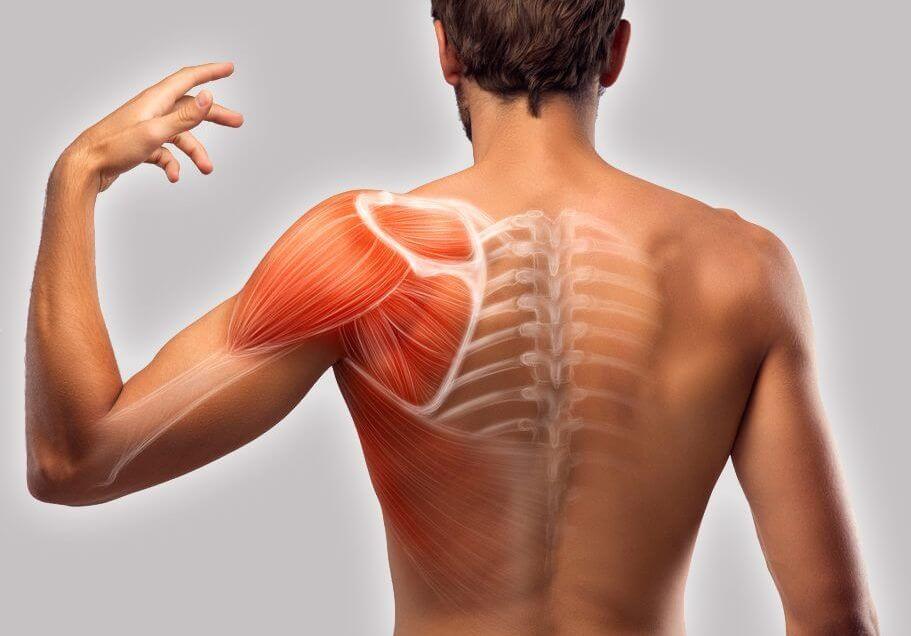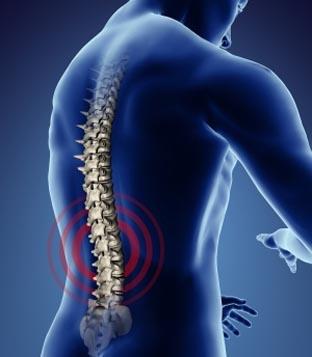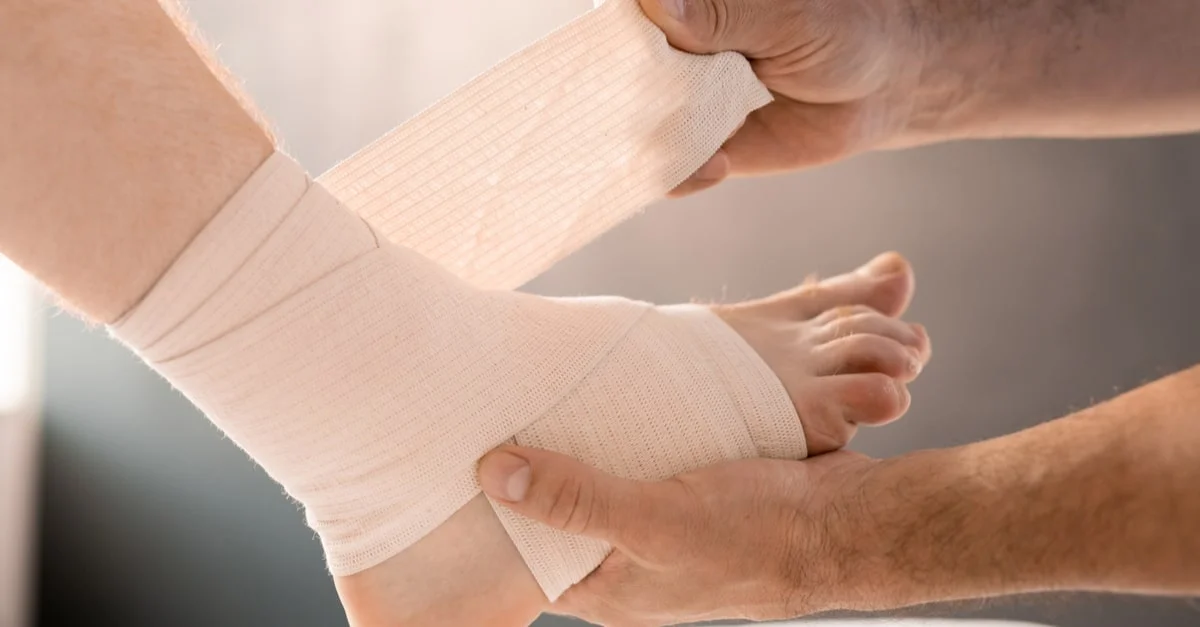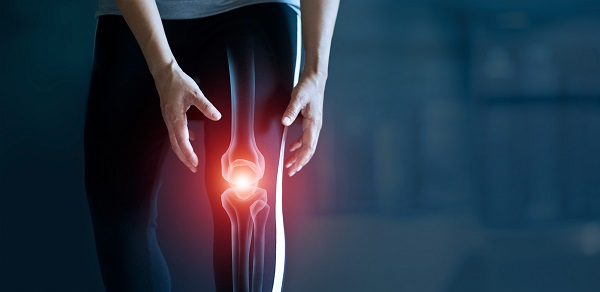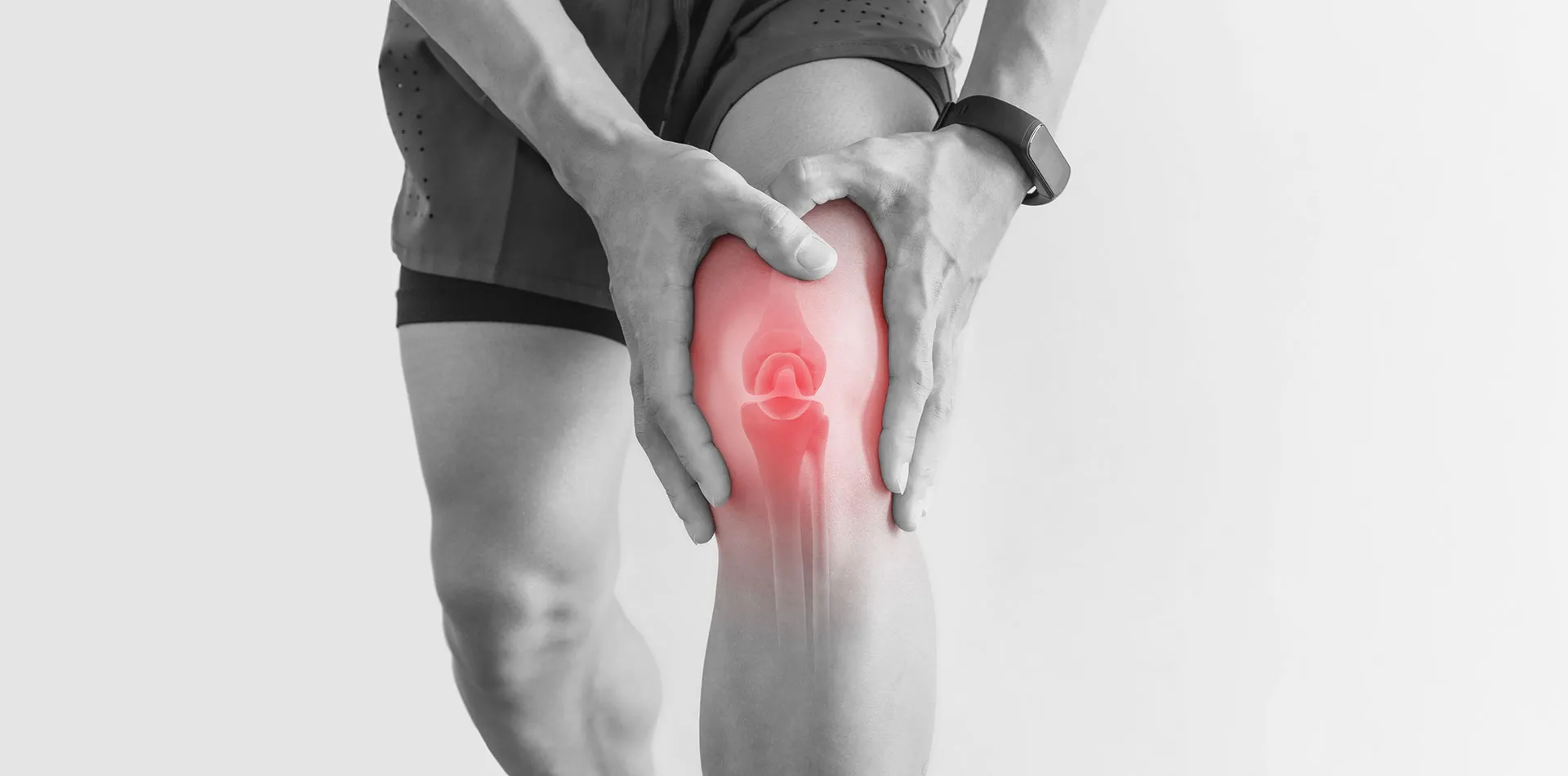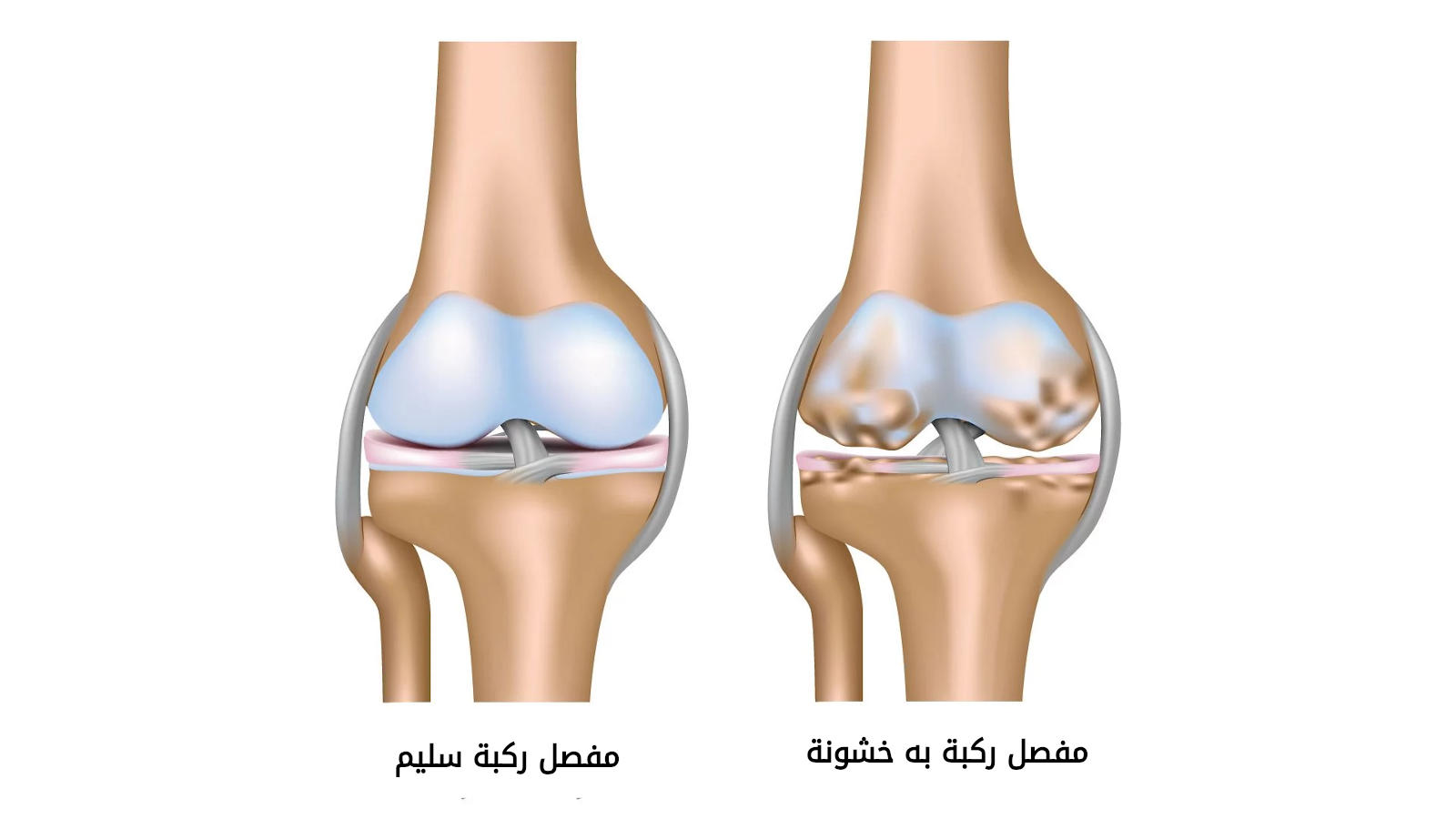What you do not know about Knee effusion
The effusion may affect many areas of the human body and cause many problems and some pain most of the time, and some cases may not need medical intervention and healing over time, while others need to consult a specialist immediately, and this depends on the main reason for this to happen. In the following article, we will learn about the leakage that affects the knee and how to deal with it, so let us read the following.
Knee effusion
The infiltration that occurs in the knee area is the result of some inflammation in the membrane lining the knee, this inflammation affects individuals as a result of many diseases such as osteoarthritis, rheumatic diseases, and some knee injuries, and this effusion is accompanied by very severe pain in the knee area, but we must pay close attention so as not to confuse the effusion of the knee with bleeding.
As bleeding is treated very differently from knee effusion, and blood clotting occurs as a result of two hours of exposure to any knee injury, but if the swelling occurred in the knee within hours of the injury, then this is a result of the effusion of the knee.
What is knee effusion?
Knee effusion is defined as occurring as a result of fluid gathering around the joint, and this may be most likely the result of suffering from some health problems, and this results in great difficulty in walking, and this water is formed in the knee area as a result of inflammation in the synovial membrane as a result of some diseases such as roughness of the knee and suffering from joint pain.
Diagnosis of knee effusion
The doctor examines the knee leakage by examining the patient’s foot and comparing it to the other healthy foot, where the swelling is clear, in addition to the existence of another method of examination to confirm the presence of leakage in the knee and know its quantity, and the leakage examination is not based on rumors because it can be diagnosed without it, but it may Rumors are needed to identify the causes that may have led to it, and a sample of the fluid in the knee may be examined and analyzed to identify the cause of the leakage.
Causes of knee effusion
Knee leakage occurs as a result of synovial inflammation, but there are many reasons leading to this, such as:
- Knee roughness that is accompanied by infections.
- Some rheumatic diseases such as rheumatoid arthritis and lupus erythematosus.
- Exposure to a strong collision in the knee area.
- Athletes are injured by cutting ligaments.
- Gout is caused by an increase in the level of uric acid in the blood.
- Exposure to microbial infection in the knee.
What are the symptoms of a leaky knee?
- The appearance of severe swelling in the knee may extend to the rest of the leg.
- Feeling of heat in the knee.
- Redness of the skin around the knee area.
- Heavy pressure on the knee area.
Is knee effusion dangerous?
If the treatment of knee effusion is neglected as soon as it is discovered, this may cause a hindrance to the movement of the knee joint, and if the joint is exposed to infection, this may cause atrophy, and this may extend to osteomyelitis.
Knee effusion treatment
Before visiting a doctor, it is better to start with self-treatment, and if no improvement is noticed, it is necessary to consult a doctor immediately, and examples of simple treatment methods that can be followed are:
- Take plenty of rest.
- Make some ice packs on the knee area, as this helps to calm the inflammation greatly.
- Avoid pressure on the knee area in any way during the rest period and when we have to move, we can use a crutch.
- Raising the injured foot from the rest of the body level when sitting or relaxing.
- When the pain intensifies, it is possible to take some painkillers that do not need a prescription.
This method of treatment can be adopted for a few days only, and it is normal when there is no dangerous situation for the pain to disappear within one to three days. If the individual does not improve during that, he must go to the doctor immediately in order to do the following:
- The doctor determines the underlying cause of this occurrence at the beginning and then gives the patient an appropriate treatment according to the cause.
- Taking some medications that require a prescription after consulting a doctor, as they have a stronger effect.
- Using a steroid injection directly into the knee.
- In some cases, surgical intervention may be required to remove excess fluid.
- Do some exercises that help calm pain and inflammation under the supervision of a physiotherapist.
Herbal treatment of knee effusion
Many herbs have some therapeutic properties in addition to their ability to relieve a lot of pain, such as:
- Ginger: It has a tremendous ability to reduce joint pain, which is why it is preferable to put it in foods daily, and ginger oil works to calm swelling when it is applied to the affected area.
- Cinnamon: It is preferable to eat it on an empty stomach, with a spoonful of honey and warm water added to it, in order to get the best results. It can also be applied to the pain area directly with some honey.
- Flaxseed: It can be taken as normal, put in food, or drunk boiled, and flaxseed oil is used as a topical cream on the area of pain.
- Turmeric: Salt can be added to it and used as an ointment, and it can also be drunk with milk or water, or put on food, as it greatly reduces inflammation.
- Parsley: Boil parsley and drink it daily to relieve knee pain.
- Fennel: It is boiled and drunk on an empty stomach.
- Sage: Drinking it helps to absorb excess water in the body in many areas.
- Watercress: squeezed and drink a cup of it three times a day.

